 |
| "Are You Still Performing Joe?" Tuanku asked me. |
 |
| Istana Lama Seri Menanti is Now A Museum |

I grew up in Johor on the banks of the Sg. Muar at Nordanal Estate Panchor and underwent my entire schooling at the High School in Muar, Johor. In 1959 I sat for my Overseas School Certificate and moved to Seremban in Negeri Sembilan which has been my home ever since.
I spent about twenty years teaching in the schools in Negeri Sembilan particularly in Tanjung Ipoh, Nilai, Bahau, Lenggeng, Kuala Pilah, Johol and Rembau. NS is the heartland of the Minangkabau culture. It was particularly during these early days that I also had many friends of my age who were from the Negeri Sembilan royalty. Since then I have developed a close affinity and fondness for Negeri Sembilan – its royalty, people, food, language and customs. It is my adopted home for the last 53 years. Even when I was posted to Kuala Lumpur as a lecturer at Maktab Perguruan Ilmu Khas in 1980 I decided to commute from Seremban till I retired in 1996. I still live in Seremban and still commute to KL for my events business ventures and music societies' involvements. I simply have come to love Negeri Sembilan.
Negeri Sembilan has aunique Minangkabau culture which still practices a complicated system of matriarchy society. A matriarchy is a society in which females, especially mothers, have the central roles of political leadership and moral authority including ownership of traditional lands.
“The Minangkabau ethnic group was originally indigenous to the highlands of West Sumatra, in Indonesia. Their culture is matrilineal, with property and land passing down from mother to daughter, while religious and political affairs are the responsibility of men. Today about 4 million Minangs live in West Sumatra, while about 3 million more are scattered throughout many Indonesian and Malay Peninsula cities and towns.” - (Wikipedia).
The Minangkabaus brought along with them a rich cultural heritage which is still preserved and practiced today as the fascinating ‘Adat Pepatih’, the name given to this matrilineal system of inheritance and administration that is unique to the state. The Minangkabaus of Sumatra came to settle in Negeri Sembilan in the 15th century. In its early history, Negeri Sembilan did not exist as a unified state. It was rather a loose confederation of nine fiefdoms which developed in the secluded valley of the region. They were under the protection of the Melaka Sultanate until its collapse in 1511 when the Portuguese arrived.
Later attacks by the Bugis forced the Minangkabaus to seek protection from a prince from their homeland by the name of Raja Melewar of Pagar Ruyong. This resulted in the proclamation of Raja Melewar as the first Yam Tuan or the 'Yang Dipertuan Besar' (meaning 'He who is Greatest') of Negeri Sembilan in 1773. The fiefdoms of Sungai Ujong, Rembau, Johol, Jelebu, Naning, Segamat, Ulu Pahang, Jelai and Kelang were brought together under his rule. Today Negeri Sembilan is still not ruled by a sultan but by the Yang Di Pertuan Besar. I have come to love the Minangkabau influences in the state that are to be found in their distinctive language, dances, ceremonies and of course their food as well. In fact, I can speak and understand the Negeri dialect too quite well.
During my time in Negeri Sembilan I have literally “walked with beggars and dined with kings”. In the heydays of my bachelorhood period (1960’s) particularly, I had a lot of contact with the Negeri Sembilan royalty. The sons and daughters of the late Tunku Laksmana Nasir and their cousins were all my close friends being of about the same in age and musical disposition. For a time in the 1960’s, Tunku Laksmana Nasir was even the Regent of NS. This link was perhaps caused by my musical involvement in bands. The late Tunku Makmar ( Kudi) was the Tunku Laksmana’s son who played the piano and also the accordion alongside me in my early bands and even The Jayhawkers. We performed often at the palace and their royal homes for the many ubiquitous parties and dances that were so popular in those days. The late Tunku Alang Hanan always insisted on me coming along with him and his Kuala Pilah friends who included teachers, businessmen and even police officers and headmasters simply because I could sing and play the guitar to liven their frequent “meet-ups” to be read as drinking parties.
I have also been included in the royal entourage of the late Tuanku Munawir for his annual “mandi safar” outings at Ulu Bendol in 1964 and 1965. I was also often invited to the Istana Besar for Tuanku’s birthday celebrations. In those days liquor flowed and even a mini casino was set up for the celebrations. The family of the late Tunku Jamil (the elder brother of the first three Tunku Ampuans) and his wife the late Dato’ Tunku Fatimah were also close to me. Then there was Tunku Tolha, Tunku Hishammudin (Kuchik), Tunku Jaril (TJ), Tunku Faisal, Tunku Zubir who were all my friends. However, this link to the NS royalty and Seri Menanti sort of ended with the demise of the late Yam Tuan DYMM Tuanku Munawir in 1967. Thereafter, Seri Menanti and the royalty was made up of the family of the late Yam Tuan DYMM Tuanku Jaafar. I had little contact or friendship with this new royal family members as they had grown up mostly overseas. But I still kept contact with the other members of the NS royalty mentioned earlier.
I must also mention that while teaching in Tanjung Ipoh and Kuala Pilah between 1960 and 1975 I have also had many Seri Menanti Tunkus as my students. Some names that come to mind are Tunku Azahaniah, Dato Tunku Azman and the late Tunku Kamal ( Ben). I have met some of them in recent years and they too are in their retirement years. Soon thereafter in 1975, I moved on to become a music educator and moved out of Kuala Pilah district. I did meet the children of the late DYMM Tuanku Jaafar and her royal siblings at the Lake Club in KL when I used to perform there with the late Ahmad Wan Yet Combo but I was not recognized by any of them simply because we had never met. It was only twenty years later in the 1995 that I came to know and meet the kindly late DYMM Tuanku Jaafar who awarded me a P.J.K. award in recognition of my teaching service. I received two more awards from Tuanku for my active involvement in music associations and societies after my retirement – the Ahli Setia Negeri Sembilan (ANS) in 2000 and the Darjah Setia Negeri Sembilan (DNS) in 2004. During this brief period I would be invited to the Istana Besar for Tuanku’s birthday celebrations like old times.
The new Tuanku DYMM Tuanku Muhriz Ibni Almarhum Tuanku Munawir has always been a very low profiled prince. Many of his classmates from King George V school in 1962 are very close friends of mine. I had the pleasure of being introduced to him recently at the Patron’s Ball of The Royal Port Dickson Yacht Club.



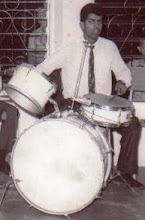

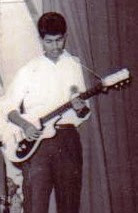


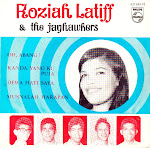



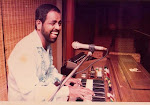

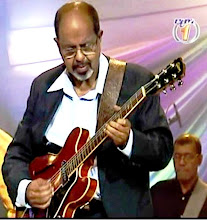


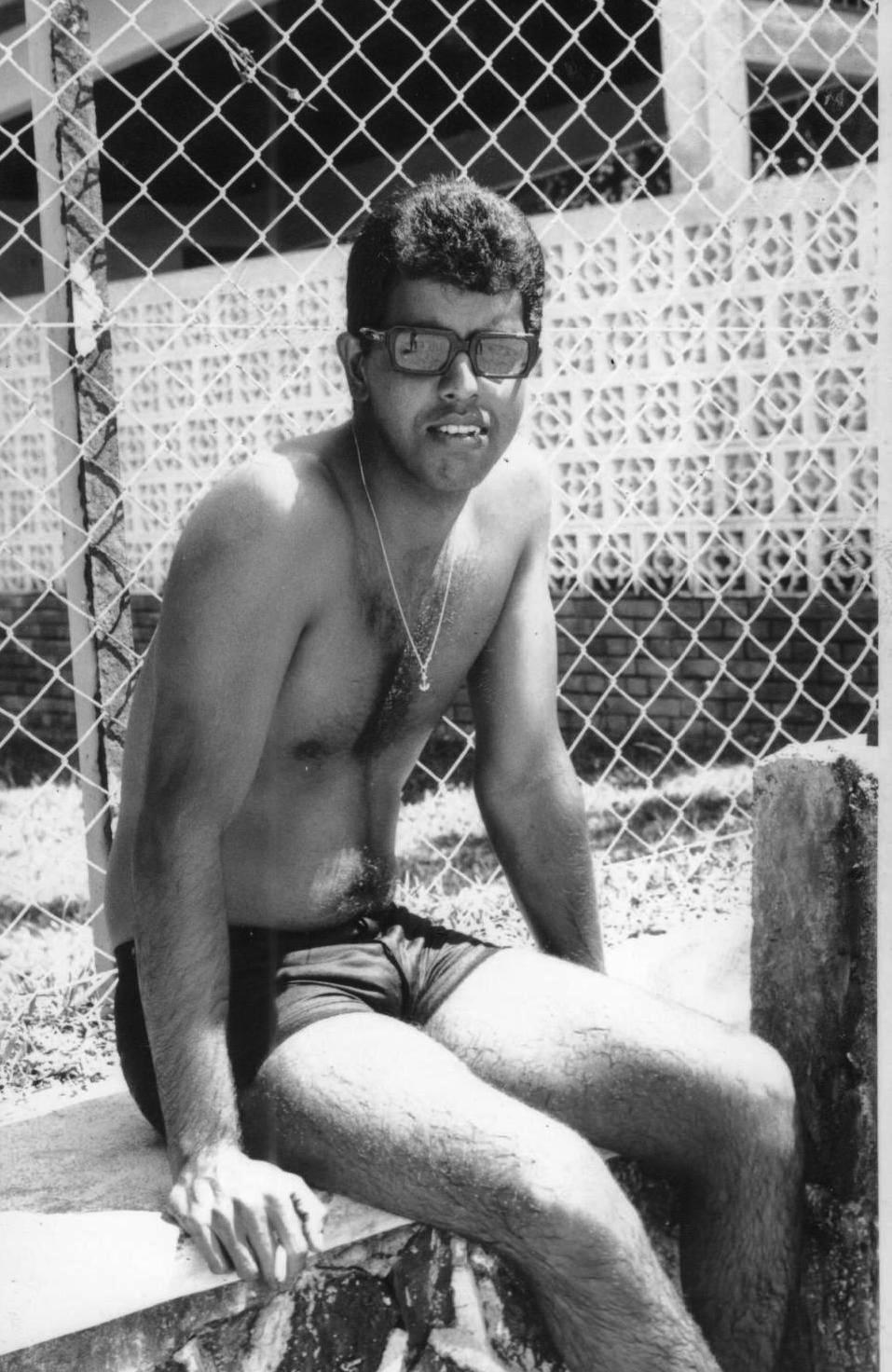
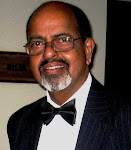


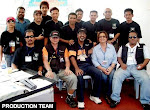
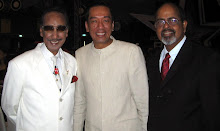

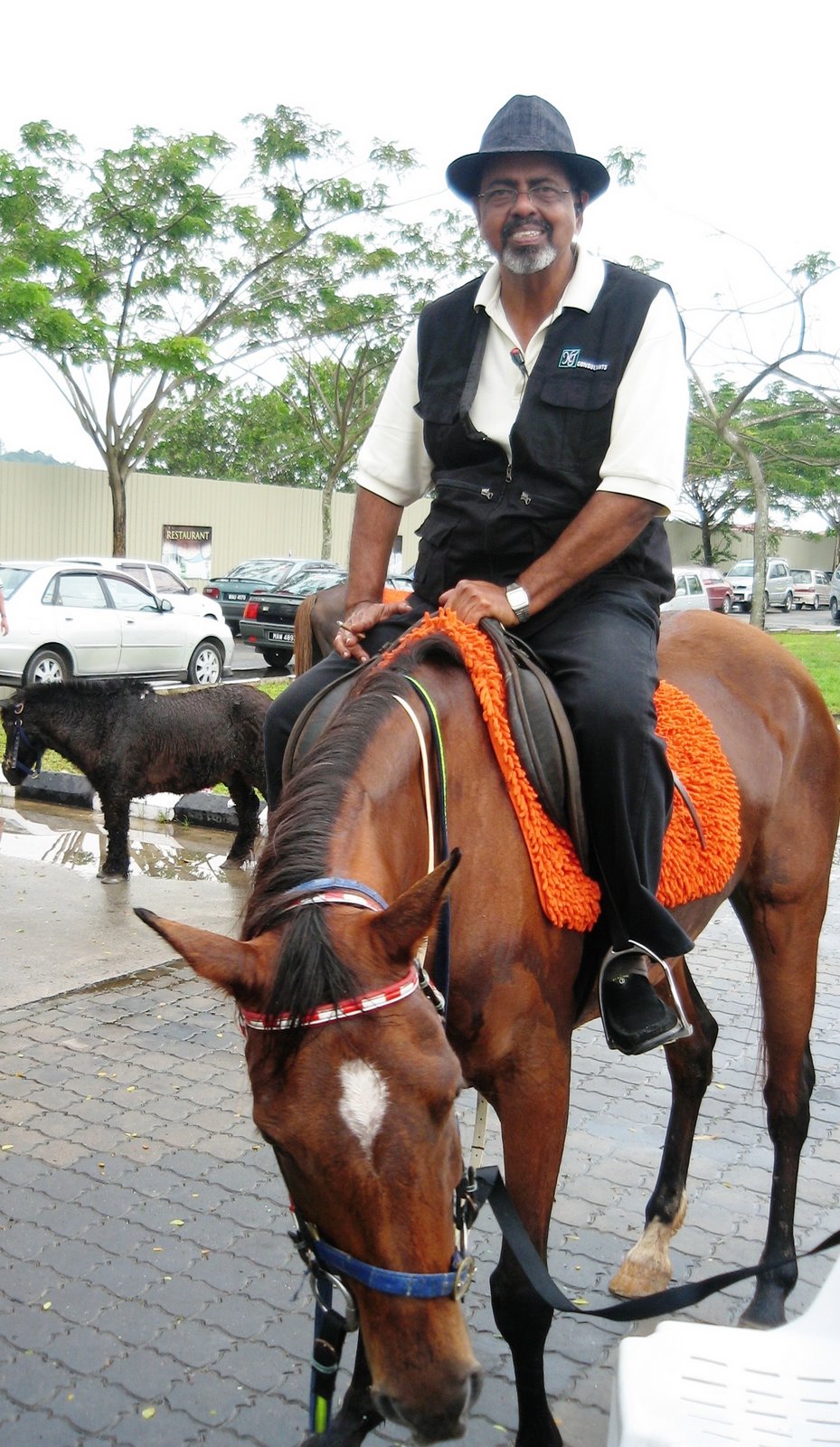







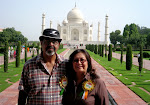



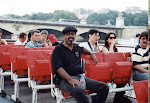

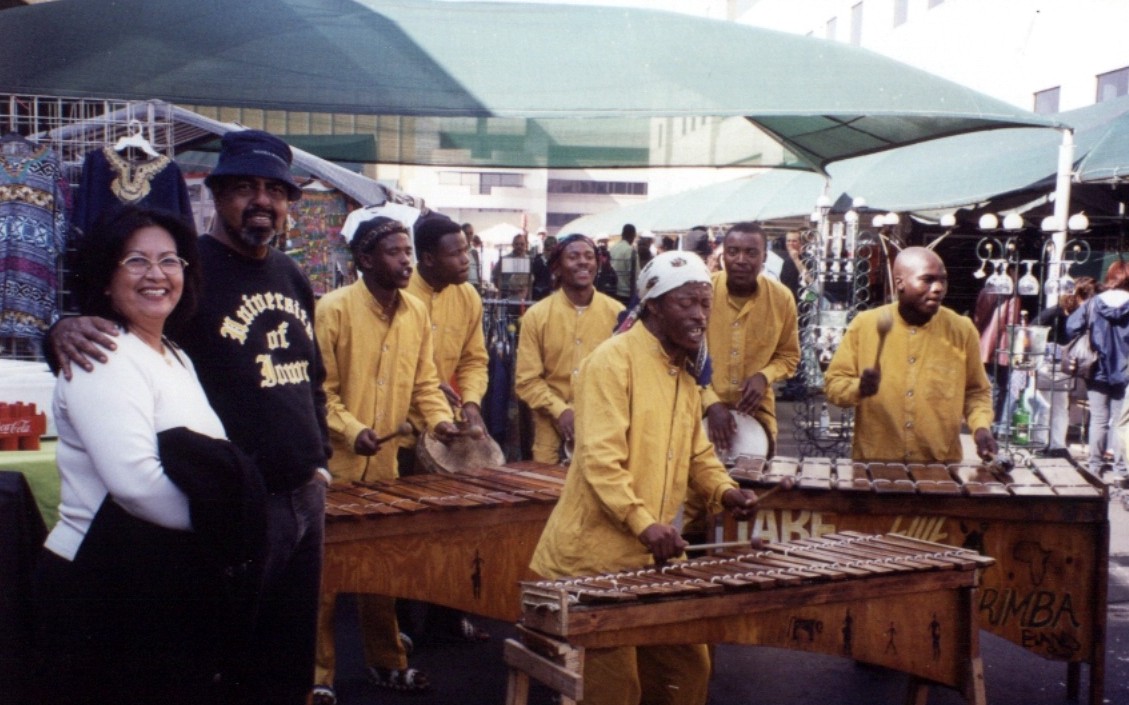

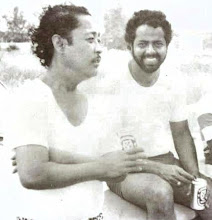
No comments:
Post a Comment